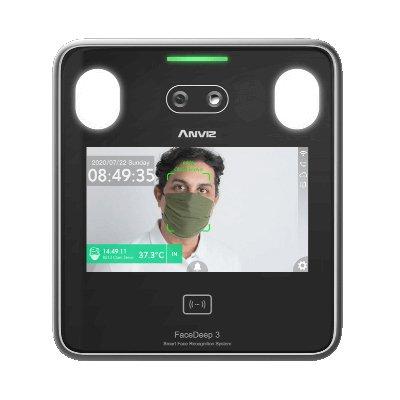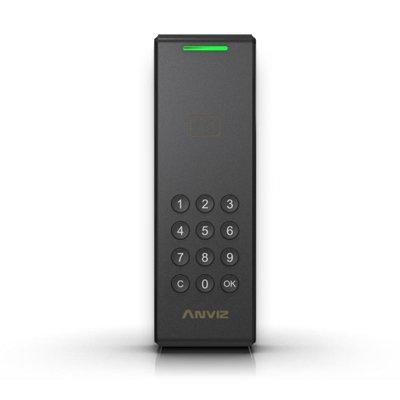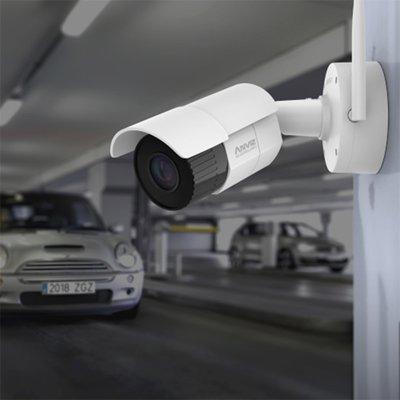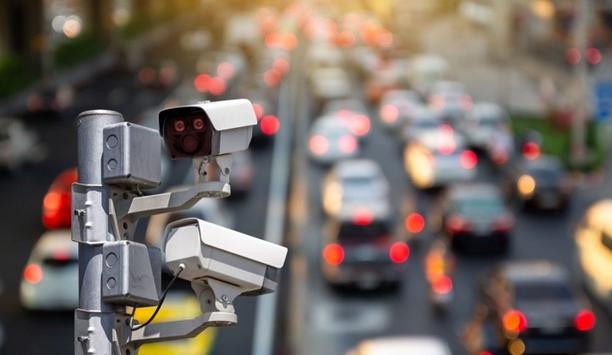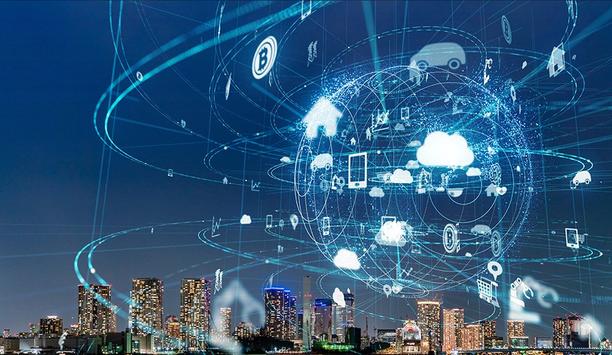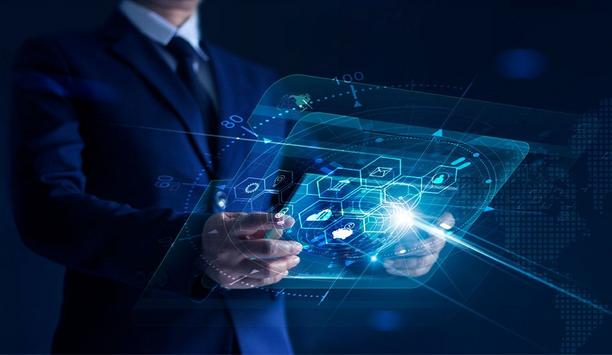
What is machine learning? How can it benefit physical security?
Editor Introduction
Machine learning (ML) is a field within Artificial Intelligence (AI) and one of the more common buzzwords in the physical security market. ML focuses on building computer systems that can learn and improve on their own, without being explicitly programmed for every scenario. Machine learning is poised to revolutionise physical security by offering a more proactive, data-driven approach to securing people and assets. We asked this week’s Expert Panel Roundtable: What is Machine Learning (ML) and how can it benefit physical security?
Video analytics have been around for years, but since 2009, the feasibility of deep learning has led to successive waves of intelligent features. By training neural networks, basic analytics tasks like motion detection, object detection, and tracking objects within scenes became commonplace. Further advances in machine learning are driving the current progress in artificial intelligence (AI), empowering systems to learn and enhance through experience, without explicitly relying on programming. This is made possible by training solutions that derive insights from video and other data, uncovering hidden patterns and knowledge. Machine learning is revolutionising security by making it possible to automate the detection of potentially harmful patterns and swiftly identify breaches or threats in real-time. Moreover, it can continue to learn over time from these incidents, enabling the prediction and potential prevention of future security violations. By effectively "learning" to discern risks, AI solutions can elevate the effectiveness and efficiency of security measures.
Machine learning (ML) involves teaching a machine to use inputs and historical information to improve its performance without being explicitly programmed to do so. Programmers use machine learning algorithms and datasets to train computers to recognise patterns, make predictions, and continuously improve their performance as they’re exposed to more data. This technology has a wide range of applications in the physical security industry and is particularly useful for repetitious, task-based analysis. For instance, at Genetec, we use ML in our automatic licence plate recognition system. The system takes an image of the back of a vehicle it hasn’t seen before and outputs the licence plate characters, along with data such as location, vehicle colour, and type. This is achieved by comparing the image with an ML model that was trained on labeled images and calculating the probability that the image belongs to a specified set of classifications.
Machine learning (ML) is a subset of artificial intelligence (AI) that allows computers to build their logic for making predictions and determinations. Without ML, a computer requires human input to create algorithms. Furthermore, deep learning (DL) is a refined version of ML that can learn to extract and combine features in a data-driven manner. DL is suitable for complex challenges such as image classification, language processing, and object detection, allowing it to be used for applications beyond traditional security like monitoring occupancy and time spent in an area. These intelligent technologies have helped to transform physical security from reactive to proactive, enabling organisations across industries to effectively tackle security threats head-on. This is thanks to automated, real-time analytic capabilities, which can dig into the granular details of captured footage, audio, etc. without human intervention saving valuable time and resources and allowing for faster incident resolution.
Machine learning (ML), a subset of artificial intelligence (AI), focuses on the development of algorithms and models that enable devices to perform tasks without specific instructions. ML models learn from training data (the dataset) that is provided to them. An ML model recognises patterns and relationships within the data it is given and outputs a resulting analysis very quickly. For physical security use cases involving video, ML provides an enormous benefit by automating certain surveillance tasks beyond what limited human resources can provide. ML can detect objects it has been trained to recognise (vehicles,humans) and describe the unique attributes (colour, type) associated with them making forensic search exceptionally fast and accurate. ML-based analytics can also provide anomaly detection alerting staff when an environment deviates from the norm. ML algorithms that run “on the edge” offer enhanced threat detection and proactive decision-making for security personnel in real time.
Machine learning is a name for computer programs that automatically estimate which action to take based on a set of input data. An example is whether or not to send a technician to clean a camera lens based on the current image of the camera and analyse if the view is clear or not. Machine learning can benefit physical security by automating certain rote, time-consuming but important tasks. For example, a machine learning program is well-suited to identify all cameras that appear to be tilted from their original position. This information can be supplied to an operator who can decide the best remedial action.
Machine Learning (ML) is a subfield of Artificial Intelligence (AI), focusing on the development of algorithms and models that enable computers to learn from data and make predictions or decisions. Machine learning systems are not explicitly programmed to perform specific tasks, but learn from the data provided, allowing computers to improve their performance on specific tasks as they encounter more data. The key point of machine learning is its ability to recognise patterns, learn these patterns, and make decisions or predictions without explicit human intervention. Machine Learning (ML) has several benefits for physical security systems, enhancing surveillance, threat detection, and access control. Here are some benefits of machine learning for physical security: Anomaly Detection: Machine learning algorithms can learn what is considered normal, and then detect anomalies or suspicious activities. Video Surveillance and Object Recognition: Machine learning algorithms can analyse video information to recognise and track objects, faces, and behaviours. Real-Time Threat Response: Machine learning algorithms integrated with security systems can quickly analyse and respond to potential threats. They can trigger alarms or responses based on predefined patterns or anomalous activities.
Editor Summary
Machine learning provides new computer capabilities that are improving video analytics, among other uses. These systems are not programmed; rather, they “learn” and improve their performance based on additional data they are exposed to. As our Expert Panelists point out, machine learning is useful for a variety of repetitious analytics tasks, as well as object recognition, anomaly detection, and real-time threat response. More than a buzzword, machine learning is an important new tool for physical security – now and in the future.
Anviz Global Inc. products
Anviz Global Inc. news
The pattern of veins in the hand contains unique information that can be used for identity. Blood flowing through veins in the human body can absorb light waves of specific wavelengths. Irradiating the human palm with near-infrared light waves yields an image of the vascular pattern. A venous distribution map can be processed and compared to pre-registered data to match and confirm identity. Palm vein biometrics The idea of palm vein biometrics goes back to the 1980s when pa...
Anviz, a brand of Xthings, a global pioneer in intelligent security solutions, announces the upcoming release of its latest access control solution, the M7 Palm, equipped with cutting-edge Palm Vein Recognition technology. This innovative device is designed to provide superior accuracy, security, and convenience to high-security and privacy-sensitive environments in industries such as banking, data centres, laboratories, airports, prisons, and government institutions. Launching globally today,...
The Internet of Things (IoT) has revolutionised many industries, including physical security. By connecting physical devices to the internet, IoT technology offers significant enhancements to security systems. Benefits include real-time monitoring, remote access, and the utility of new devices such as temperature and humidity sensors. At the same time, IoT devices come with challenges, including greater cybersecurity vulnerability. We asked this week's Expert Panel Roundtable: How is the Interne...
Anviz Global Inc. white papers
Anviz Global Inc. case studies
When they talk about digitalisation, there is one topic that keeps coming up: Smart Office. Intelligent IoT solutions that makes the users’ everyday lives safer, more comfortable, and more efficient. Systems to centrally manage employees' access with no keys and physical cards - face recognition, manage employee time tracking, and secure office printing with the embedded face recognition reader, are now seen as state-of-the-art. Dürr, founded in 1896, is a mechanical and plant engine...
The Middle East has recently expanded its real estate market as the region's economy grows and urbanisation accelerates. This trend has led to an increasing demand for smart security, and the pace of digital intelligence change is gradually increasing. The security industry in the Middle East is rapidly growing, driven by the government's strong emphasis on national security and terrorism prevention. Centralised systems management Significant attention and investment have been directed towar...
As the UAE's economy progressed, its territory became the world's experimental zone for pioneering construction technologies. The continuous rise of the construction industry has introduced a large number of labourers to stations on construction sites. How to systematically manage workers under regulations, while ensuring the rights and interests of both workers and enterprises is the main problem currently faced by NGC on its way forward. The customer Nael General Contracting (NGC...
Anviz Global Inc. videos
Expert commentary
- Enhancing collaboration in physical security operations
- Global regulations of AI: the role and impact on the physical security industry
- Mind the gap: Addressing cybersecurity at every phase of technology management
- When choosing an access solution, make Total Cost of Ownership a key part of the calculation

Anviz Global Inc.
32920 Alvarado-Niles Rd Ste 220, Union City, CA 94587
Toll-free: +1-855-ANVIZ4U (855-268-4948)
Email: info@anviz.com
Anviz Singapore
16 Collyer Quay #12-01
Income@Raffles Singapore 049318
Email: info@anviz.com








